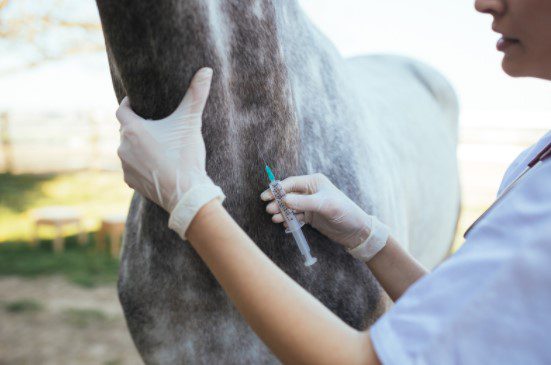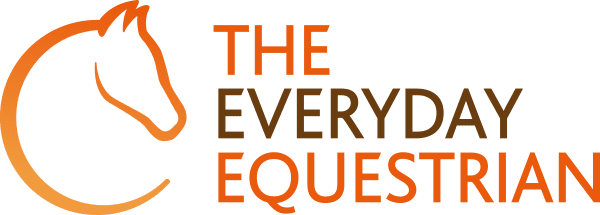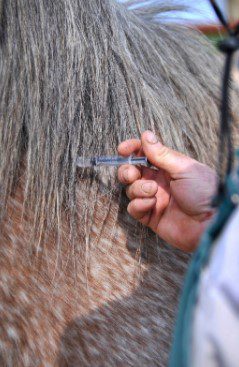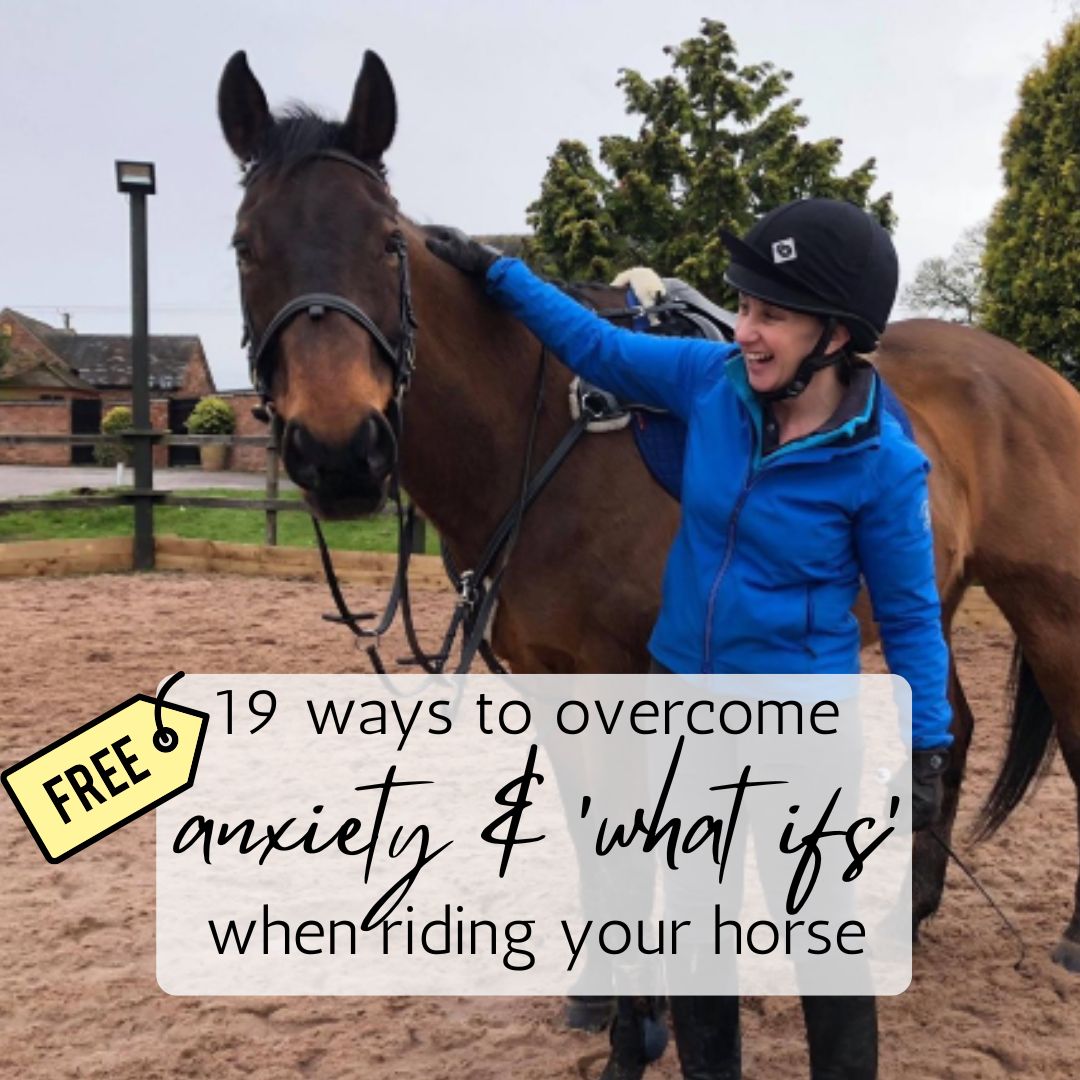
As horse owners, it is our responsibility to ensure our horse stays fit, healthy and subsequently happy. The day to day care of our horse is an important factor however the health of our horse is far more than just feeding the right type of feed and providing adequate exercise.
Providing your horse with proper health care is a vital part of keeping your horse fit and healthy and one horse owners should plan for. Vaccinations play a huge part in this and here we will take a closer look into what they are, how they work and why vaccinating your horse is so important.
What is vaccination?
Vaccinations are the safest and easiest way to protect your horse against infectious diseases. Once your horse has been vaccinated their body will have the ability to fight off the disease. This will provide them with protection and immunity. Two of the most common diseases in horses are equine flu and tetanus which can both make your horse very ill.
How do vaccinations work?
Vaccinations are actually quite a simple concept (without getting into all the nitty-gritty medical stuff). Your horse’s immune system is made up of tissues cells and organs that all work together to fight off harmful bacteria and viruses that invade the system. When we vaccinate our horse the following steps occur:
- When vaccination is administered to your horse a small, harmless amount of the disease is injected into their system.
- The horse’s body then produces antibodies that help to fight off the disease.
- If your horse encounters the disease again their body already recognises and has the correct antibodies to fight off the disease effectively.
- At this point, your horse can be considered immune to the disease.
What vaccinations do horses’ need and how often?
As standard, all horses in the UK should be vaccinated against Equine Influenza and Tetanus. This is not only highly beneficial for your horse but will stop these diseases being passed on from horse to horse. Most horses will be vaccinated for both diseases which can become fatal (particularly if they catch tetanus).
Other diseases you may want to consider vaccinating your horse against include; equine herpes and strangles.
Tetanus – can be given to horses 3 months onwards and consists of two primary doses of vaccines given approx. 4 weeks apart. This will then be followed by a 12-month booster and thereafter given at intervals of 2-5 years.
Equine Influenza – This is a yearly vaccination that can be given as a booster at the same time as the yearly tetanus jab. You will not find many yards willing to accept your horse as either a livery or temporarily for competition without having this vaccine administered.
The ‘Flu and Tetanus vaccinations start with a course of 3 initial vaccinations, followed by annual boosters. If vaccination dates are missed for any reason, the initial course must be restarted to ensure immunity.
Equine Herpes Virus – The equine herpes vaccination can be given to horses over the age of 5 months old. This is a two-dose vaccination with the 2nd being 4-6 weeks after the first. A booster is then required 6 months later.
Strangles – This disease commonly affects younger horses however horse’s of any age can contract this virus. Once your horse has received the initial dose of this vaccine they will require another one approx. 4 weeks later to be fully protected. Yearly boosters are then advised going forward.
Why do you need to vaccinate horses?
There are many reasons why you will need to vaccinate your horse. Here we will look into some more details at some of the most examples of why vaccination in horses is so important.
Protection from life-threatening diseases
Vaccinations are vital for ensuring that your horse does not contract any life-threatening diseases or illnesses. Tetanus is considered to be one of the most fatal diseases equine can catch and carry. It is a fatal condition that most horses will not recover from. Equine Flu is also a very nasty illness that will undoubtedly make your horse very unwell. In some small numbers of cases, equine flu is fatal.
Improving health in the equine population overall
It isn’t just about your horse! Vaccinating against the likes of Equine Flu and Tetanus can be beneficial for the equine population as a whole. Both of these diseases can be carried and passed on from horse to horse quite easily. If no-one vaccinated their horses we could find we have a horsey pandemic on our hands!
Competing requires vaccinations
If you wish to compete your horse, ensuring your horse has been vaccinated and those vaccinations are up to date is compulsory. Affiliated competitions, as well as The Riding Clubs and The Pony Club, will all require your horse or pony to be fully up to date with vaccinations and show proof of doing so. These days you will also find many local or unaffiliated competitions to follow suit. If you are competing regularly it is always a good idea to put reminders in your diary or check regularly so you are on top of vaccination dates.
Insurance policies become invalid
If your horse has insurance, you can pretty much cancel that out if you don’t have your horse vaccinated. The terms and conditions will state that your horse needs to be vaccinated and those vaccinations need to be up to date to claim costs through the insurance. This can put you in a tricky situation if your horse becomes ill and needs treatment since the insurance will likely refuse to cover the cost, deeming your insurance invalid. Always make sure you check that vaccinations are within date regularly to ensure you can reap the full coverage of insurance.
Vaccinations are safe
Vaccinations for horses are deemed safe and are unlikely to make your horse unwell. Many owners worry that their horse will become ill after vaccination, but these side effects are rare. Just like in human medicine a vaccination is likely to make the muscles a bit tight or sore after they have been administered. This should be pretty short-lived and not cause too much discomfort. Harmless abscesses at the insertion site can also sometimes occur. If you are at all worried always have a chat with your vet for peace of mind.
Vaccinations tend to be good value for money
The thought of having the vet out can be enough to bring some of us to tears. When we hear the word vet we often visualise ££££ which can be stressful. All in all vaccinations for horses these days are very good value for money. You can quite often opt for an annual booster. This will be a single injection to vaccinate against both equine flu and tetanus. Many vets practices these days waive the call-out fee for routine work such as vaccinations too. Vaccinating your horse does not necessarily mean a costly visit from the vet. You may be surprised at how cost-effective it is.


